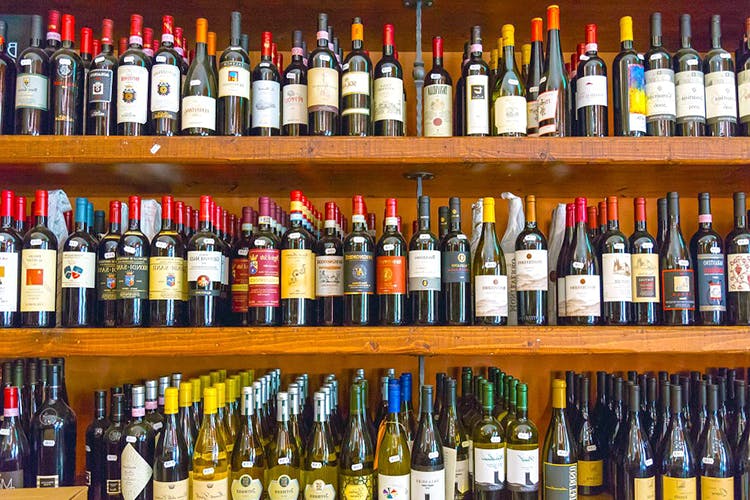The alcoholic beverages in the United States are subject to federal and state excise taxes that affect the competitive landscape.
In addition to federal taxes, all states tax alcohol in some way.
According to the Urban Institute, state and local governments collected $7.5 billion in alcohol taxes in 2018, 0.2% of overall revenue, in addition to $10.1 billion from government-owned liquor stores.
Rates vary considerably between states and comparison is difficult due to different tax schemes.
Some jurisdictions, for example, apply a higher excise sales tax on alcohol, in addition to a per-gallon excise tax.
At least one state applies a property tax on aged whiskey.
According to a Treasury Department report, profit-taking by states can have the effect of taxes.
Alcoholic beverages
The Distilled Spirits Council of the United States developed a methodology for comparing state tax burdens on spirits by charging an excise rate to control state sales.
The Council determined that Washington, Oregon, Virginia, Alabama and Utah tax spirits the most, while Hampshire and Wyoming set prices so low in their state stores that they are comparable to selling without any state tax.
Numerous commentators for the Treasury Department report said complex differences in state tax regimes were a barrier to growth and competition.
State and local taxes are likely to affect competition in the beer, wine and spirits sectors, as well as sales in neighboring jurisdictions, but are outside the scope of that report.
Congress has imposed federal excise taxes on alcohol to increase revenue throughout US history: in 1791 to help pay off the national debt; in 1813 to help pay for the War of 1812; in 1862 to help pay for the Civil War; and continuing up to and after Prohibition.
Excise taxes on alcohol are currently viewed by the general public as a means of discouraging consumption.
Federal excise taxes are imposed on producers and importers.
They are usually passed on to the consumer in the form of price increases. In 2020, federal taxes collected on alcoholic beverages totaled more than $10.79 billion, $8.09 billion on domestic production and $2.7 billion on imports.
![]()

